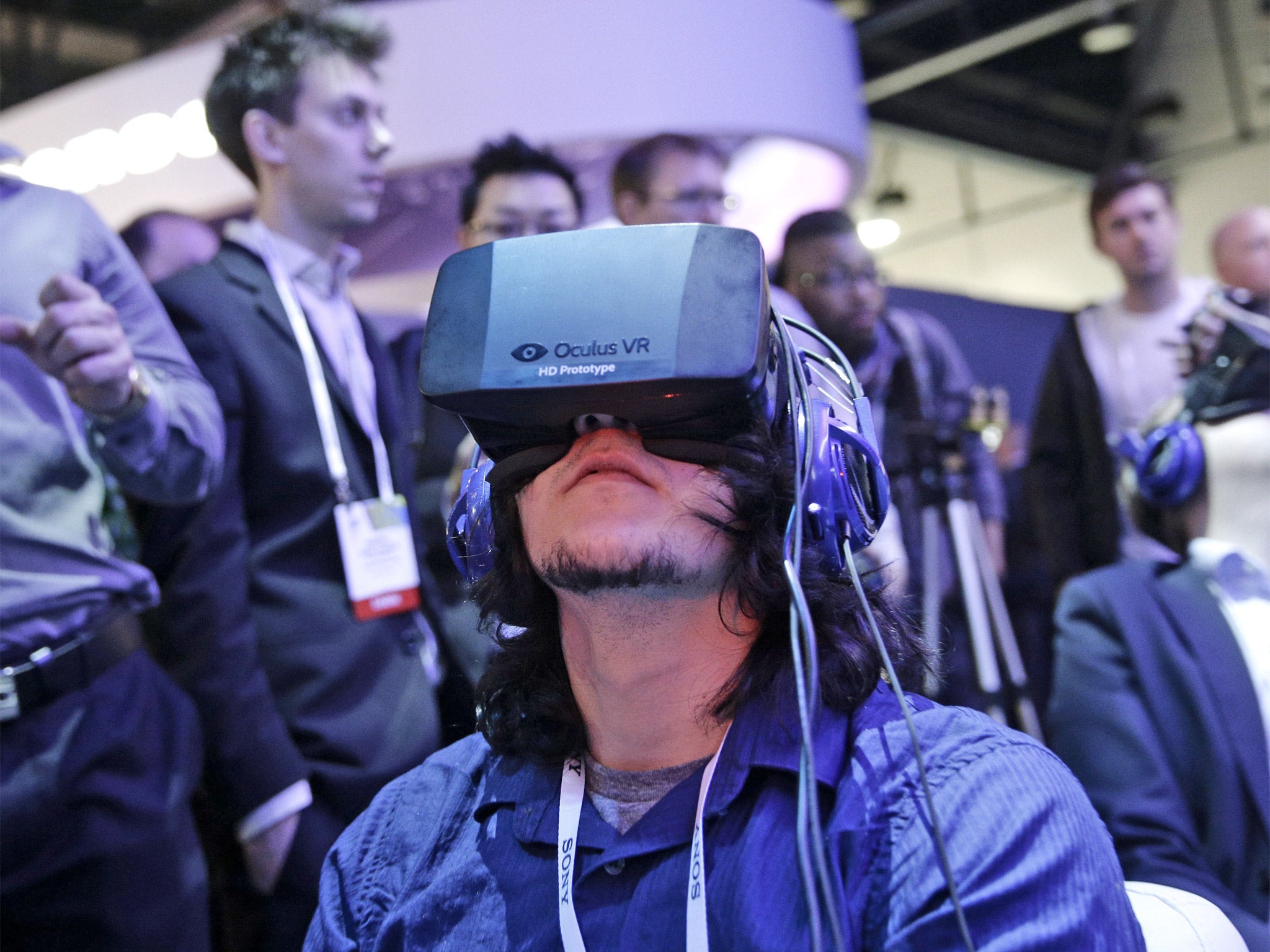Nasa looks to virtual reality 'holodecks' – powered by Oculus Rift to keep astronauts sane in space
Virtual reality environments to de-stress astronauts on long journeys have been under development since 2001

Without some miraculous breakthrough in propulsion technology the future of space travel is going to be a lot like a family holiday driving to France. People are going to have to endure long journeys in cramped conditions with people they slowly come to despise.
Well, okay, so astronauts aren’t likely to start asking ‘are we there yet?’ or get sick on the ferry, but the problem of keeping an even psychological keel during space flights (it’s seven months to Mars for example) is very real.
One solution is to put astronauts in stasis, but the technology simply isn’t advanced enough yet. Somewhat incredibly, scientists are instead looking to virtual reality as a more plausible solution, with the Facebook-owned Oculus Rift VR goggles at the centre of current research.
Scientists from Dartmouth College’s Digital Arts Leadership and Innovation lab (DALI) have been working on their software since 2001 and were recently granted a $1.6 million grant from Nasa to fund their work: creating virtual environments and digital therapists to de-stress astronauts in deep space and help manage inter-personal conflicts.
In a press release, Dartmouth research professor Lorie Loeb said the team was working on multi-sensory experiences, including smells and sounds to “trick the brain and make people feel as if they are in a variety of beautiful and calm settings, such as with their family at home or strolling on the beach.”
As well as these virtual environments (that sound pretty similar to the holo decks of Star Trek’s USS Enterprise) the team from Dartmouth is also working to create digital therapists that will “assess and manage psychosocial problems to prevent them from becoming serious enough to jeopardize a mission.”
The programs will be given some of their first real tests during the HI-SEAS (Hawaii Space Exploration Analog and Simulation) mission, an eight-month recreation of a manned space mission to Mars set in a 36-foot diameter geodesic dome.
Subscribe to Independent Premium to bookmark this article
Want to bookmark your favourite articles and stories to read or reference later? Start your Independent Premium subscription today.

Join our commenting forum
Join thought-provoking conversations, follow other Independent readers and see their replies